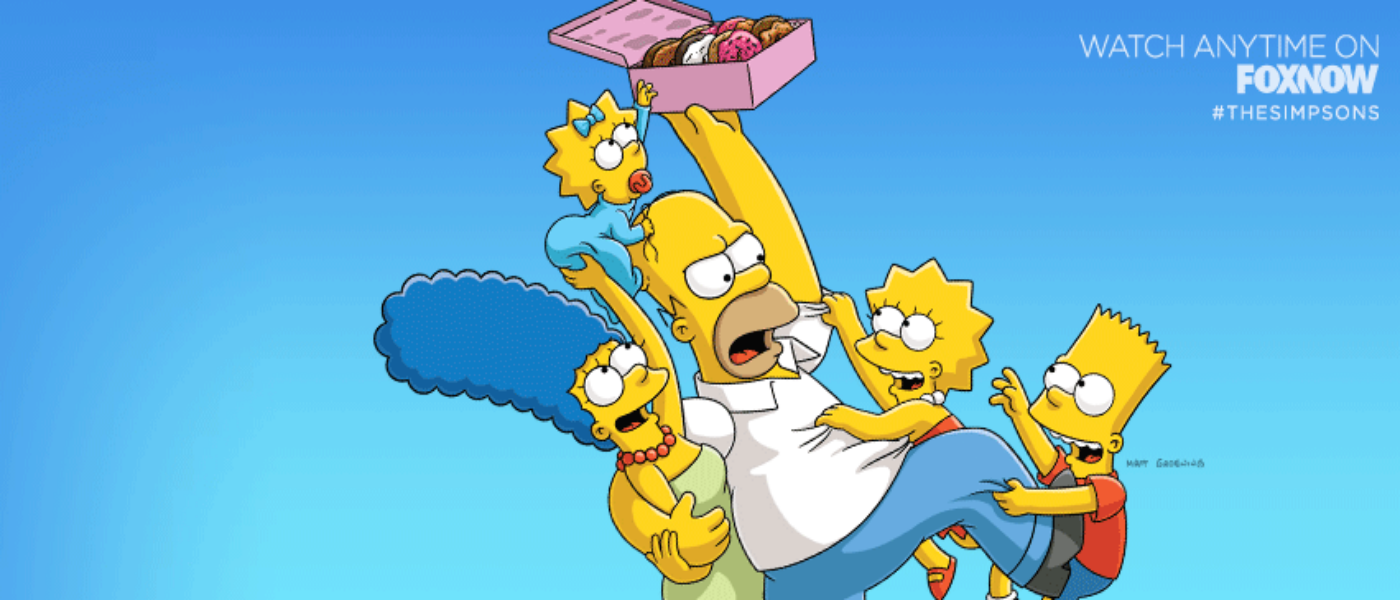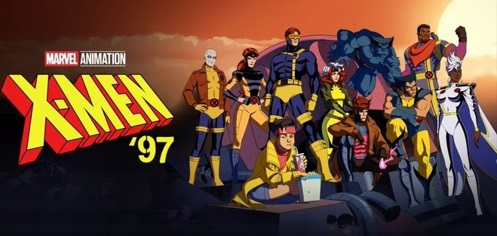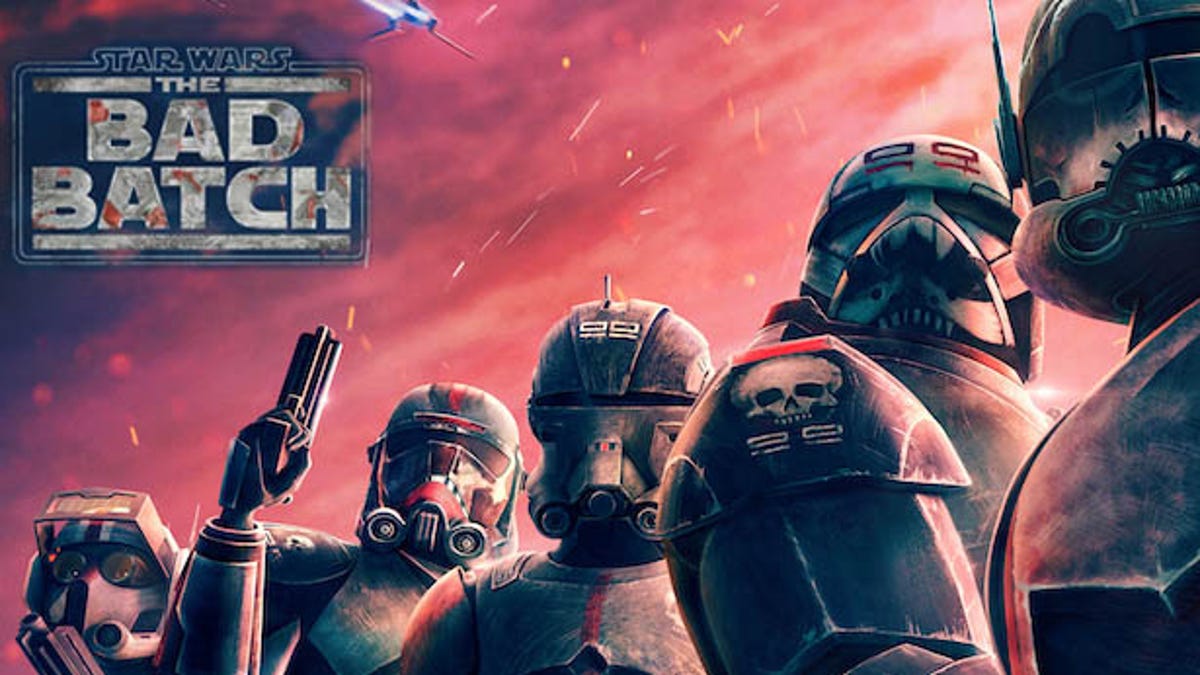Review: The Simpsons “22 for 30”
Not a bad shooting percentage.

Spoilers Below
The Simpsons get into full-on homage mode and with a purpose locked in place, it actually manages to stick to one storyline for an entire episode. ESPN’s nearly decades-long documentary series is an ideal style for aping: strong hooks, easily identifiable story beats, plenty of spontaneity. A true-life Springfield sports tale could be told in any old fashion, but giving it the faux-ESPN imprimatur lends it an enjoyable veneer of prestige. Accordingly, the jokes are not potshots at the Worldwide Leader in Sports so much as a demented version of the stories they peddle.
It kicks off with a new definition of the docs’ umbrella title. 30 for 30 was originally conceived as a series of 30 films to commemorate ESPN’s 30th anniversary, but then the series continued beyond that original tally, so now the name essentially means nothing. “22 for 30” does not mean anything, but the meaning that it does have is nonsense (“22 minutes, 22 producers, 30 commercials”).
On to the plot: like a lot of subpar students before him, athletics are a way out for Bart. His detention sentence is “commuted” when his hooping skills are discovered after he schools Skinner on the trash bin. All starts to go swimmingly for Springfield Elementary’s basketball team, but his teammates and Coach Homer soon start to sour on Bart’s showboating ways. Detecting vulnerability, Fat Tony swoops in, identifying El Barto as bona fide patsy material. At first, the arrangement is a supposedly harmless point-shaving scheme, with Bart dribbling out the clock to make sure that Springfield wins, but without covering the spread.
Eventually, though, the time comes to take a dive at the behest of the mob. Will Bart really throw the game? (He does have some sense of morality.) Will all this anxiety give Homer a meltdown? (Of course, in the chair-throwing style of notorious college coach Bobby Knight.) Will Lisa expose everything for the school paper and paint herself the hero? (That is usually the role she plays in these sorts of episodes.)
Unlike other parody or homage half-hours, “22 for 30” is less about making fun of a certain piece of pop culture and more about just using a particular framework to tell its own story – unless there are specific sports documentary jabs that I am not picking up on. Though I am a fairly frequent ESPN viewer, I have never watched any 30 for 30 (except for O.J.: Made in America, but that feels like its own unique thing). What is required to make an episode like this work, then, is a solid stable of interesting characters. The Simpsons has that in spades; indeed, it is the main reason it has survived despite its consistent brilliance of yore being long gone. In a season when too many episodes have been awkward mishmashes, it is heartening to see one with the focus to simply tell a good, clean, satisfying story.
Memorable Lines and Random Jazz:
-That striking couch gag is the fourth from animator Bill Plympton, and unlike other recent ambitious openers, it is not obscenely long.
-“At the end of the war, I had a buck-seventy-five … and no friends.”
-“Willie, kill the bees.” “Not till I’ve heard their side of it.”
-“He’s got more D’s than Dolly Parton! I’m not sure what that means, but please use that joke.” The second Dolly joke (about records does not work as well, because Krusty actually understands it, though I do get a kick out of the list of names that are always ripe for joke set-ups. (RIP, Dan Quayle-based humor.) The final Dolly joke (“I was a total boob”) confirms the Comedy Rule of Threes.
-“When we return, the interesting part.”
-Why is Bart and Fat Tony’s laughter in the FBI recording captioned as “tee-hee” when it sounds nothing like that?
-My favorite chyrons: Fat Tony as “Honest Businessman” and Abe as “Retired Bag Boy”
-How did Homer become such an expert in cinematic terminology? “Show business is everybody’s business,” apparently. (I love the tuna sandwich B-roll.)
-“‘The goods’? Oh that sounds bad.”
-Time is made for a quick Jinx parody, which reveals that Mr. Burns is even more self-incriminatory than Robert Durst. (“I’m guilty, guilty, guilty.”)
-Chyron: “Milhouse got over his fears.” Milhouse: “No, I didn’t!”

























Hi Ashley, thank you so much for reading and we love the feedback. Note that on that day we had 14th posts go up and only ten posts show on the front page, so it's possible the preview had already been archived by the time you got to it. One recommendation would be to add our RSS feed to your favorite news aggregator service like Feedly, this way you get all of the latest posts!